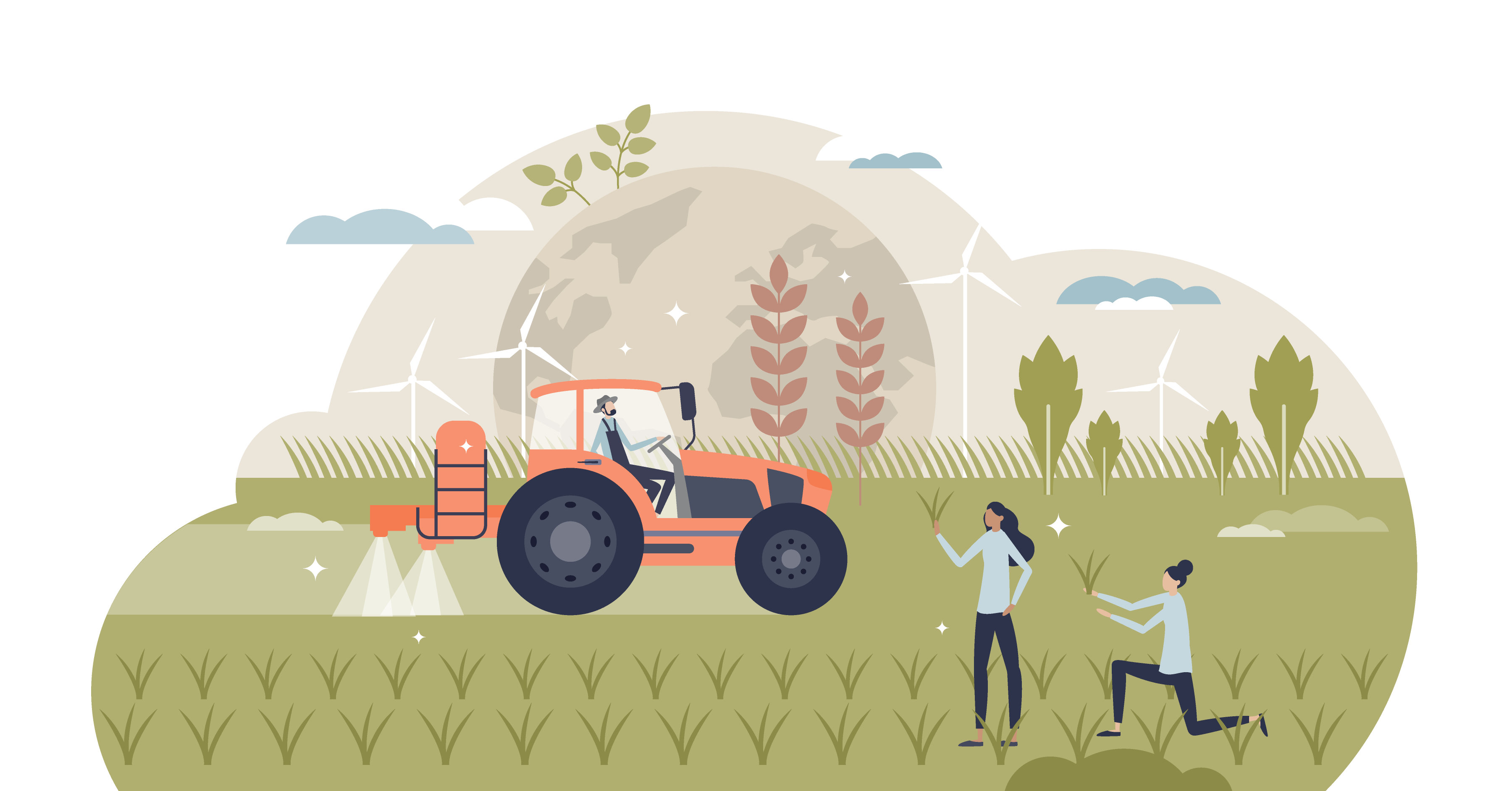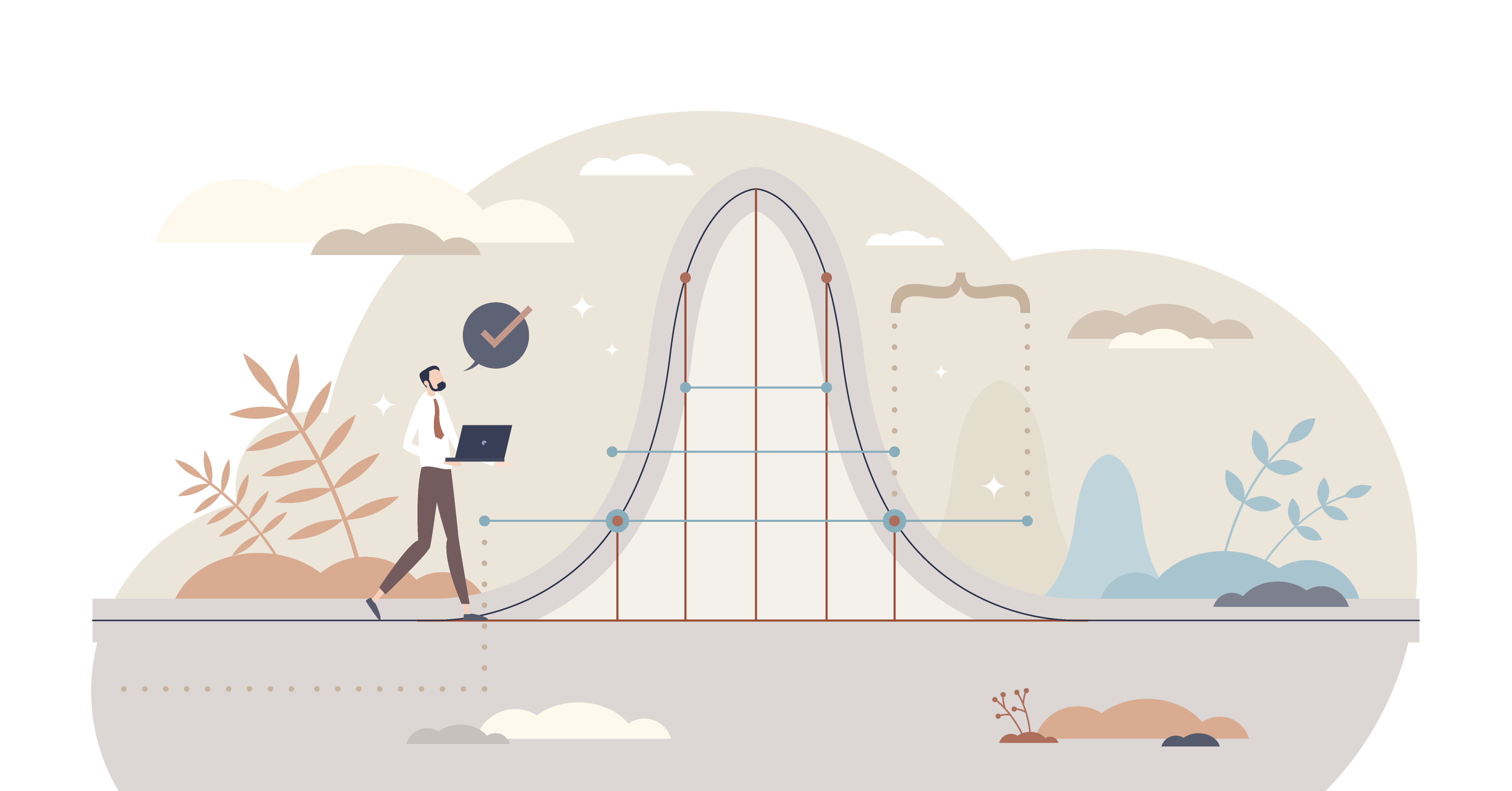Can I Do a PhD in 35-40 Hours a Week?
Keeping a PhD to 35-40 hours a week is a great strategy, but can it be done?

The time it takes to do a PhD is very individual. Some students seem to spend every waking hour immersed in their work, whereas others hardly seem to work on their PhD at all.
You can absolutely do a PhD in an average of 35-40 hours a week. Doing this would mean that you spend the same amount of time studying as you would working a standard working, 9-5pm week. I'd highly recommend taking this approach and treating your PhD studies as if they had the same hours as standard day job.
The reason I said average though, is it's likely there will be times when you will need to do more. But the beauty about a PhD is it's flexible, so you can take the time back when things are quieter. This is how I approach my PhD; like a job. Anything over the 'standard hours' must be on my own enthusiasm and I shouldn't feel like I 'have' to do anything over that. It's perfectly OK to love what you do and treat it like 'a job' at the same time.
It will vary by subject
The exact hours requirements from week-to-week will depend on your subject. Lab experiments often don't confine themselves to a standard working day. If you work with something that requires looking after (like plants!), then it's likely that you'll need to do some 'out of hours' work. As long as this is not made to be the norm, you should aim for <40 hours average a week.

How many hours do I do a week?
Due to the hours of nursery and travel times etc. I usually find myself working shorter days in general; something more like 9.00am till 4.30pm, including 45 minutes for lunch. However I do occasional weeks of 60+ hours when I'm setting up or sampling field plots, for example. I also tend to do an hour and a half of writing and 'knowledge management' most mornings between about 5.30am and 7.00am.
Every so often I need a week or two to entirely focus on my PhD. This usually falls around harvest time or when I'm setting up an experiment. But I try to make sure I take the time back. I might do this by taking longer lunch breaks, or finishing an hour earlier if it's tricky to take whole days.
You'll need to be able to switch between work brain and life brain
You'll need to be disciplined to get a PhD done in <40 hours a week. But this applies to many things in life. Part of the skills in achieving this level of work-life balance is being able to switch off at the end of the day. A PhD requires a lot of brain power throughout the day and as such it can be harder to flick the brain switch to 'off' at the end of the day than with a more physical role. You'll need ways to help this process along. I'd recommend having something defined that you only do when you need to switch 'PhD brain' on or off. These ideas pretty much take the form of some kind of ritual where you consciously allow yourself to convert between what you are currently doing and what you should be doing next.
Examples of ways you can switch from 'work brain' to 'life brain':
- Go for a walk - if you walk to work, this is a great idea. Going for a walk is a great way to mash out ideas, think things over and identify new opportunities. Make sure to take something to record those ideas such as a notebook or phone. It basically helps flush everything out so it's ready for dealing with later. I wish I could still walk to work.
- Have a coffee or cup of tea when you start work - the caffeine will help kickstart the brain. I try to go with 'hot drink' instead. That way I'm less reliant on the caffeine.
- Watering the plants - I find this nurturing habit useful to relax my brain. It's a good one for doing at the end of the day.
- Meditation - not long, maybe about 5-10 minutes to switch off the brain cells for a short while. It is a bit like a cell reset.
- Journaling - something to consolidate your thoughts at the start or end of the day. For me this usually takes the form of checking my to-do list at the end of the day. It makes sure something that I need to remember isn't hanging around my brain for the evening. But it could be thoughts, interpretations, whatever you find most useful.
- Deliberately book yourself a class or other required appointment at the end of the day to make sure you down tools and leave on time - I have nursery pick up times to thank for this habit (both a blessing and a curse, let me tell you!)
- Avoid rushing into and out of work - personally I find it much easiest to have a slower start and finish to the day. It's almost like the start up and shut down time on a computer. I like to make sure all the i's are dotted and the t's are crossed. There's nothing worse than going home knowing that you left something half finished.
- Read a book - something fictional to take your mind away to other places.

But that's not the only challenge
Another major challenge, is feeling like you've done work 'worthy' of calling it a 40 hour week. PhDs are so different that knowing whether you have 'achieved enough' in the week is tricky to grasp. Short of the occasional big assignment each year, there are very few week-to-week progress markers to identify if you are on track. Therefore it is not uncommon to feel like you have not achieved anything and therefore have not worked a 40 hour week. You then feel the pressure of needing to work additional hours to somehow make it feel like you've actually done the 40 hours. This is literally every PhD student ever. So how can we make 40 hours, 40 hours?
I'm not perfect, but here's how I try to maintain the mindset that what I'm doing is enough:
- I set personal weekly and monthly progress markers - this takes the form of a Weekly Review and Monthly Goals. These help keep me on track and have a reminder of where I've come.
- Did I move something forward through the day? - did I learn something new, finish some results, collect some data, write at least one word, read a paper?
- Was I mentally working on my project for most of the day? - thinking and arranging those thoughts is a big part of a PhD. Was I inspired?
- Was I physically working on my project for most of the day? - was I in the lab, typing, reading, talking?
- Did I show up and try to do the thing? - sometimes experiments don't work, things break and fire alarms go off. Did I at least attempt to do the thing I set out to do?
- Do a 'To Done List' - a retrospective to do list, because I didn't get anything done from my actual to do list! But it makes me feel better!

How many hours do you want to do a week?
If you are regularly doing a lot more than 40 hours a week, you'll want to question either your own, or someone else's expectations of how many hours you should be working. On the other hand, if you get really enthusiastic about your PhD subject, as many people do, then you may want to do more than 40 hours a week. Doing a PhD has a very strong element of passion about it. If you find yourself falling out of love with your subject and the process of doing a PhD, I would definitely recommend keeping it to less than 40 hours a week because otherwise it will take over your life in ways that won't be healthy for you. And most importantly seek help if you are feeling that you can't cope with what you're being expected to work.
So just make sure you can recognise the difference between wanting to do something because you are genuinely interested and doing something because you feel you have to, or that you're being told you must.
